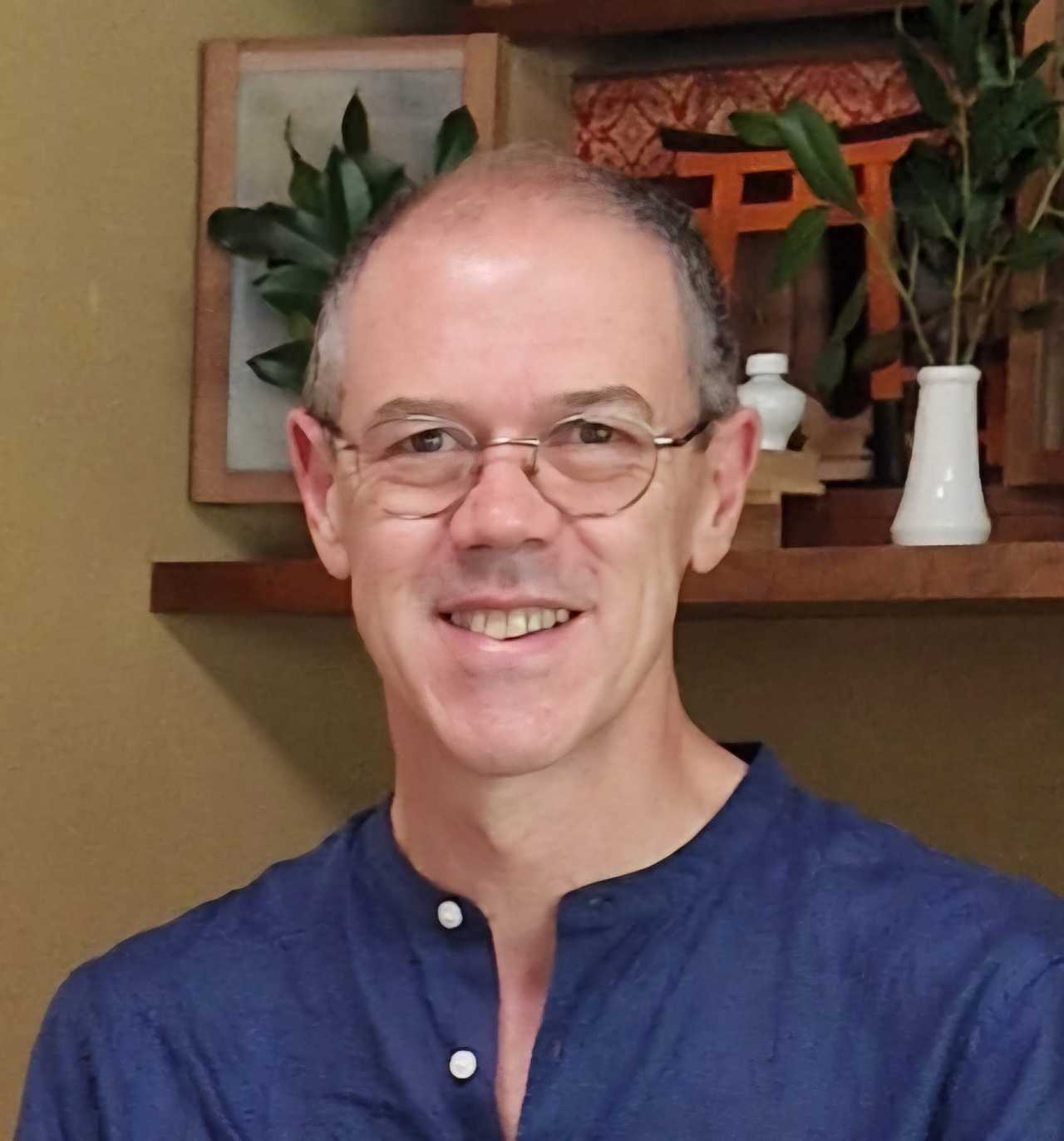Musings

There are known knowns. These are things we know that we know. There are known unknowns. That is to say, there are things that we know we don’t know. But there are also unknown unknowns. There are things we don’t know we don’t know.
– Donald Rumsfeld. Former US Defence Secretary 2002
I’m thinking about knowing and not knowing.
It's important to know things, isn’t it. Things like how to drive or the skills of our profession or, as we get older, the proximity of a nice sit down.
Some knowing involves memory or logic and calculation. I guess a kind of ‘linear’ knowing because it uses a step by step process to get somewhere. Other forms of knowing such as intuition rely on the body/mind’s sense of things. Its less easy to pin down and more amorphous. The body/mind has a strange way of knowing a situation which includes everything in that moment, expressed both to the mind visually and to the body as felt sensations, the subconscious can reveal itself to us in this way.
In Buddhism there is talk about knowing how things really are. A kind of knowledge which underpins our experience of existence. Our true nature, our original face and so on. Zen is fun like that and we can indulge in the many curious stories of monks becoming enlightened: Perhaps a monk awakens upon hearing a stone hitting bamboo, a nun enlightened by the moons reflection in the puddles of spilled water or someone enlightened when hearing a sutra for the first time.
How wonderful.
These moments of awakening differ from our usual intellectual plodding in that they are a spontaneous and simultaneous seeing and knowing.
There is no time for any reflection, there is just a click of the fingers. Things are seen… Ah, yes. Beneath our usual remembering and calculating is a natural wisdom. Available both through and within a heart and mind which are momentarily open, sensitive and clear.
But this natural wisdom gets covered over or sidelined or bludgeoned into silence. Lives can be increasingly hectic, stressed and weighed with a constant preparation for the next thing. In the end we forget we have this wise source and we reach and grasp onto ideas of what we should have or should be.
I remember going on a retreat so desperate to replicate the one before that I spent the whole week pretending I knew something. I clearly didn’t have a scooby-doo. Such a waste of time and so obvious I'm sure to the retreat leader. She was polite and patient of course, less so the guest master, who asked me why I was dragging a corpse around.
So an accumulative knowing becomes as you would expect, heavy and cumbersome. We drag our heavy sack of known knowns around like some kind of hideous trophy who nobody gives a shit about anyway.
But what of not knowing? What a curious idea. Not knowing is not ignorance but an openness to our experience. It’s an acknowledgement that we have a terrible tendency to assume way too much and a letting go of that as best we can. To doubt we have it all sewn up or even need it all sewn up is very healthy indeed.
We all know our stories, but do we see the fabric behind the pictures on our personal tapestry? How the threads are intertwine and held together.
Let us take a mo to acknowledge, not what we have sewn, but how. Our craving and clinging, our becoming this and that. It's no problem. Its OK. Trust your light inherent wisdom. With nothing to carry, we are free to walk barefoot in the long grass and open ourselves to the things we didn't know we didn't know.
- Publication date:
- Modified date:
- Categories: 2022 Other Articles Paul Goddard Others
-
 Western Chan Fellowship CIO
Western Chan Fellowship CIO - Link to this page
©Western Chan Fellowship CIO 1997-2026. May not be quoted for commercial purposes. Anyone wishing to quote for non-commercial purposes may seek permission from the WCF Secretary.
The articles on this website have been submitted by various authors. The views expressed do not necessarily represent the views of the Western Chan Fellowship.
Permalink: https://w-c-f.org/Q372-569
